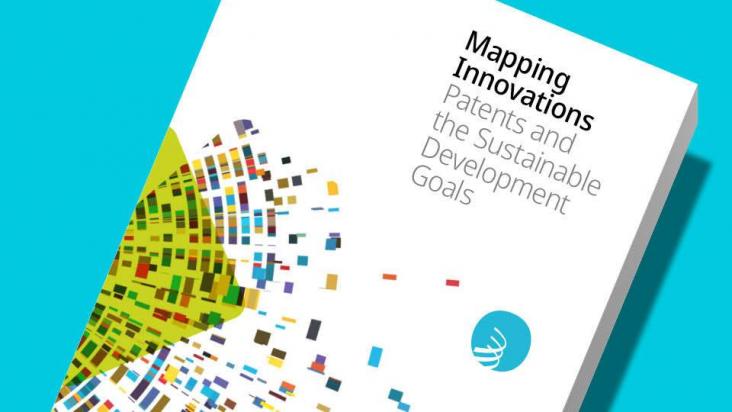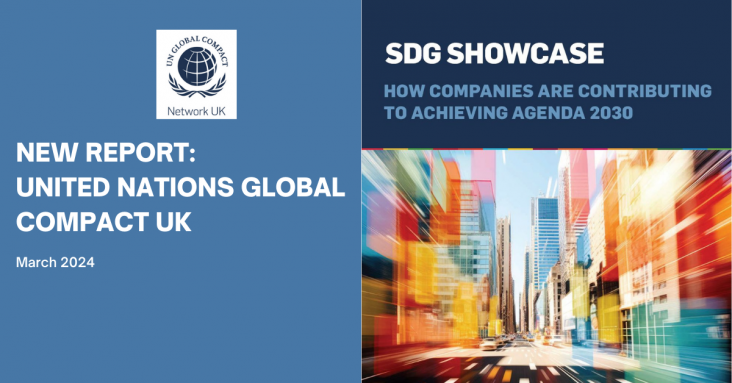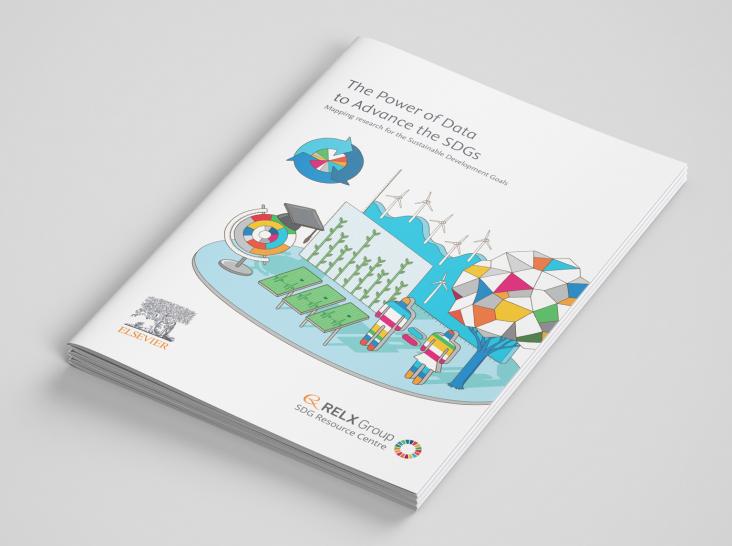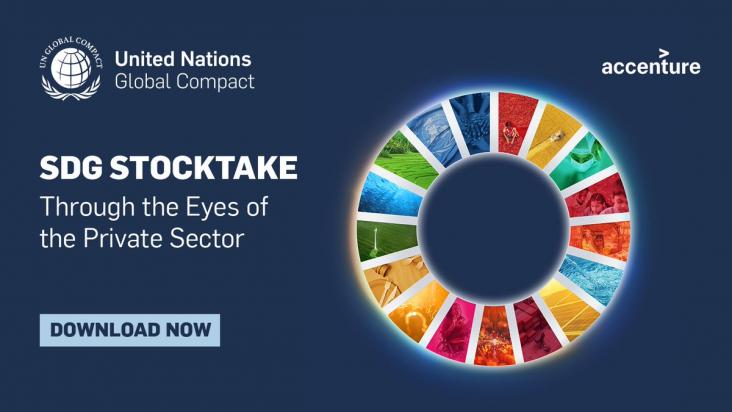Ensure availability and sustainable management of water and sanitation for all

This comprehensive report produced by World Intellectual Property Organization (WIPO) presents an extensive analysis of patents mapped to the United Nations Sustainable Development Goals (SDGs).

In recent years, increased expectations from investors, regulators, employees, and customers have put significant pressure on companies to increase their sustainability efforts.
The Sustainable Development Goals (SDGs) are not just another sustainability framework, but the only universally agreed blueprint to turn meaningful ambition into transformational change. However, businesses report difficulties in integrating the SDGs into their core strategies and in understanding, reporting, and managing their impact on the Goals.

Access to information is critical in achieving the SDGs - empowering the public to make decisions, informing policy making and enabling effective implementation and monitoring. RELX businesses regularly produce and publish free to download reports and analytics that draw upon vast amounts of information and data in support of the SDGs. Explore some of the reports and tools developed to date.

The United Nations Global Compact-Accenture Global Private Sector Stock take report report offers an appraisal of private sector contributions to the SDGs so far and outlines a clear pathway for private sector action over the next seven years.
Elsevier,
Junyu Zhang, Dafang Fu, Chris Zevenbergen, Moving Towards Water Sensitive Cities: A Planning Framework, Underlying Principles, and Technologies—Case Study Kunshan Sponge City, Encyclopedia of Inland Waters (Second Edition), Elsevier, 2022, Pages 399-416, ISBN 9780128220412
This chapter advances SDG 6, 11 and 12 by highlighting the typical water-related features of an urbanizing polder, and its transformation into a water sensitive or “Sponge City”. Recent experiences in Kunshan city, China, are used as an example.
The Corporate Water Disclosure Guidelines advances goal 6; it seeks to provide a common approach to corporate water disclosure that addresses the complexity and local nature of water resources.
Linking to Goal 6 and Goal 17, this Guide to Water-Related Collective Action offers good practice to help companies establish enduring relationships with a broad spectrum of stakeholders, leaders, and individuals to advance sustainable water management.
This report seeks to provide an in-depth review of SDG 6 and includes data on the global baseline status, the current situation and trends at global and regional levels, and what more needs to be done to achieve this goal by 2030. The report is based on the latest data available for the 11 SDG 6 global indicators selected by Member States to track progress towards the eight global targets, plus complementary data and evidence from a wide range of sources.

Water management - and ensuring an adequate supply for everyone - is one of the biggest challenges being faced by the UK. In a move by the Environment Agency, internal drainage boards could be given a bigger role in making that happen, helping to reducing flood risks to farmland and local villages in the process. This helps meet SDG 6, Clean Water and Sanitation.
The Blueprint for Business Leadership on the SDGs aims to inspire all business — regardless of size, sector or geography — to take leading action in support of the achievement of the Sustainable Development Goals (SDGs). It illustrates how the five leadership qualities of Ambition, Collaboration, Accountability, Consistency, and Intentional can be applied to a business' strategy, business model, products, supply chain, partnerships, and operations to raise the bar and create impact at scale. The Blueprint is a tool for any business that is ready to advance its principled approach to SDG action to become a leader. This chapter relates specifically to SDG 6.
